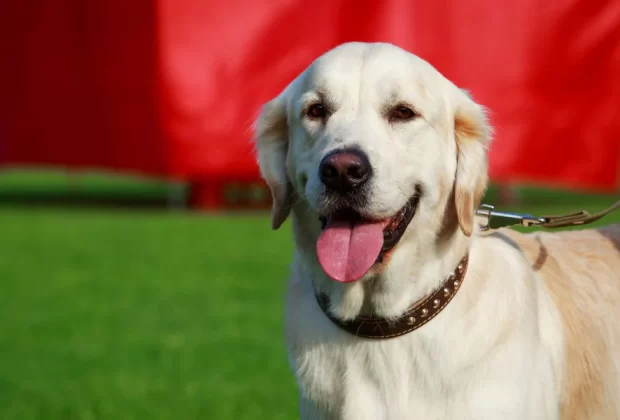When you're considering adding a furry friend to your family, it's easy to get caught up in the excitement of adorable puppies for sale. However, choosing the right breed is crucial for ensuring a harmonious relationship between you and your new companion. This decision impacts not just the immediate future but potentially the next 10-15 years of your life.
Lifestyle compatibility

- The most critical aspect of choosing a dog breed is how well it fits your lifestyle. Different breeds have varying energy levels, exercise requirements, and temperaments. For instance, a high-energy Border Collie may not be the best choice for someone living in a small apartment with limited outdoor space. Conversely, a more laid-back Bulldog might be perfect for urban dwellers with less time for long walks and play sessions.
- Consider your daily routine, living space, and activity level when browsing puppies for sale. If you're an avid runner or hiker, an athletic breed like a Vizsla or Australian Shepherd could be an excellent match. For those who prefer a more relaxed lifestyle, breeds like Cavalier King Charles Spaniels or Basset Hounds might be more suitable.
Size matters
- The size of a dog breed is another crucial factor. While that Saint Bernard puppy might be irresistibly cute, it's important to consider its full-grown size. Large breeds require more space and food and often incur higher veteran aspects. They may also be challenging to manage in smaller living spaces or for individuals with limited physical strength.
- Smaller breeds like Chihuahuas or Yorkshire Terriers are more adaptable to various living situations and are often easier to transport. However, they may be more delicate and require extra care to protect them from injury.
Grooming and maintenance
- When looking at Maltese Puppies New Jersey it’s easy to overlook the long-term grooming needs of different breeds. Some dogs, like Poodles or Shih Tzus, require regular professional grooming to maintain their coats. Others, such as Labrador Retrievers or Beagles, have shorter coats that are easier to maintain at home.
- Consider how much time and money you're willing to invest in grooming. Long-haired breeds often require daily brushing to prevent matting, while short-haired dogs might only need occasional brushing. Some breeds also shed more a concern for allergy sufferers who prefer a cleaner home.
Health considerations
- Different dog breeds are prone to health issues. For example, large breeds like German Shepherds and Golden Retrievers are susceptible to hip dysplasia, while brachycephalic breeds like Pugs and French Bulldogs often experience respiratory problems.
- Research the common health issues associated with the breeds you're interested in. This knowledge helps you prepare for potential medical expenses and make an informed decision about whether you're equipped to handle a breed's specific health needs.
Longevity and commitment
Different dog breeds have varying life expectancies. Smaller breeds like Chihuahuas or Toy Poodles often live 15 years or more, while larger breeds like Great Danes typically have shorter lifespans of 8-10 years. When looking at puppies for sale, consider the long-term commitment you're making and whether you're prepared for the responsibilities of dog ownership for that duration.
Before in love with a particular veteran, aspects of local laws and housing regulations, some areas of breed-specific legislation restrict or ban certain breeds, often targeting breeds like Pit Bulls or Rottweilers. If you're renting, many landlords have weight limits or breed restrictions for dogs.








